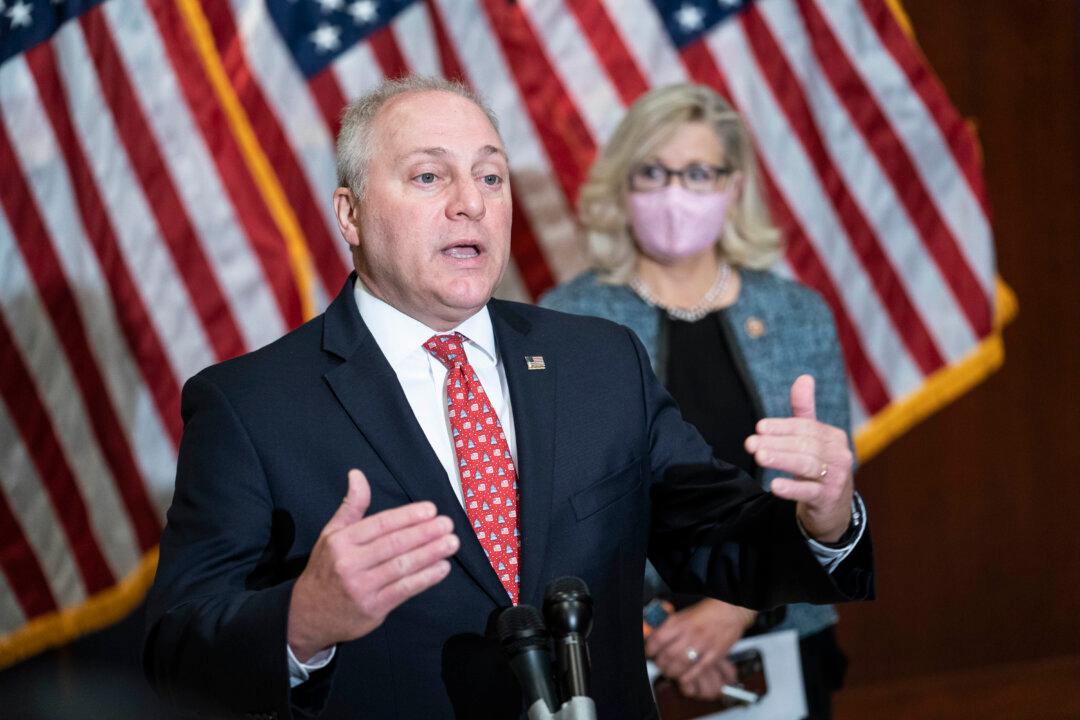In a statement from Rep. Steve Scalise’s (R-La.) office Wednesday, the House Minority Whip said that Republican leadership would be asking members to vote against the $1.2 trillion infrastructure bill.
In the Senate, the infrastructure bill passed easily, with all 50 Democrats and 19 Republicans in the upper chamber supporting the bill. Of those, many big-name Republicans like Minority Leader Mitch McConnell (R-Ky.) and former presidential candidates Mitt Romney (R-Utah) and Lindsey Graham (R-S.C.) signed on with the bill.





